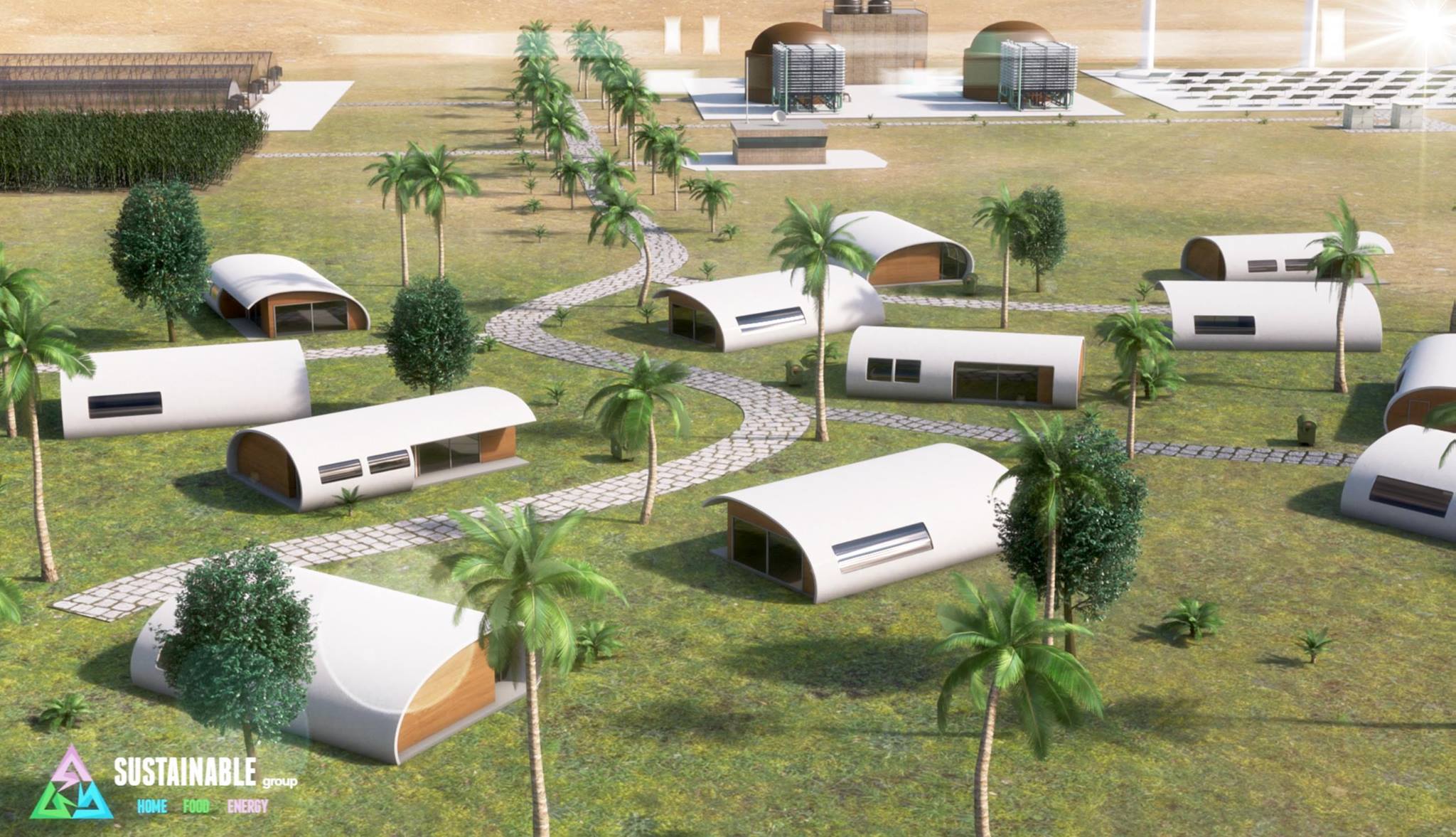Sustainable Cities and Communities

SDG 11- The Sustainable Group — A Village in A Box
When Jonathan Haran and Victor Haym Hajaj look around the world they see beauty and majesty; buy they also see what is lacking. “Things we take for granted, like food, water, sewer systems, are missing from vast regions around the world,” says Haran.
In the summer of 2012, when civil war ravaged the Congo, Victor Haym Hajaj was recruited to build fast, affordable, earthquake-proof houses known as monolithic domes. That was the easy part. Finding a nearby infrastructure to provide food, water and energy was much harder. So Hajaj decided to create one himself.
Hajaj eventually teamed up with Jonathan Haran, who himself was head of Engineers without Borders Israel, an NGO that designs projects to improve life in developing countries. Together they founded The Sustainable Group in 2017 and began working on their flagship project, Village in a Box.
The goal of the project — also called Qayma — is to bring basic needs to off-grid locations, with an emphasis on equality. The first Village in a Box pilot village is under development in the town of Mitzpe Ramon. It consists of 200 houses, industry and agriculture – completely self-contained and operated by the Sustainable Group’s unique software.
Starting with the homes themselves, they are the monolithic domes used by Hajaj in the Congo – 120-meter inflatable houses sprayed with cement on the walls and roof to make them earthquake-proof. The homes can even be deflated and re-built. The houses are connected to an organic waste and sewage infrastructure. Organic waste that is created in the homes is connected to the desalination system for greenhouse use and for energy. Sewage water is treated and returned for use in the homes’ washrooms.
Smart-home technology – some of it Israeli — will enable residents to see exactly how much water they and the rest of the village are consuming in real time. Hot water will be provided according to preset needs of each resident, using available energy instead of storing the energy in expensive batteries.
All of these infrastructures are supported by a system powered by solar and wind energy, and by various water desalination and water production systems that can ensure residents with a plentiful supply of electricity and clean water. As mentioned earlier, the Sustainable Group’s unique software operates and manages resources, reports malfunctions and monitors all of the village’s systems around the clock. It identifies the need to shift to backup systems when necessary.
Qayma will be carbon negative and pollution free. An abundance of trees and bushes will be planted, and no cars will be allowed into the village. Only bicycles and scooters will be permitted, and electric cars will be parked outside the village for shared use.
The UN’s SDG number 11 —Sustainable Cities and Communities — in its wording of target 11.B seems to have foretold the future of the Village in a Box: “By 2020, substantially increase the number of cities and human settlements adopting and implementing integrated policies and plans towards inclusion, resource efficiency, mitigation and adaptation to climate change, resilience to disasters, and develop and implement…holistic disaster risk management at all levels.”
Adult residents of the village will be asked to contribute eight hours a month to agriculture, maintenance and other tasks. These “community hours” will not only boost the workflow of the village, but they will also help establish a sense of camaraderie. With their remaining hours they may work at jobs outside the village. Each household will receive a weekly basket of organic fruits and vegetables grown in the village. Each house will also have a 250-meter garden for residents to grow additional food. And they may also buy other foods.
Naturally, the development of these villages will bring with them employment and even tourism, starting with the village in Mitzpeh Ramon. The Sustainable Group also plans to build a large community center with a multitude of activities. “People from all over will want to come and see it,” explains Haran.
After Mitzpeh Ramon, the rest of the world is the limit. The Sustainable Group hopes to build many more villages in developing countries, globally. Haran says confidently, “Our aim is to build a better future without hurting the environment.”
Village in a Box was chosen as one of 20 finalists — from among 6,000 nominations from six continents — in the recent $1 million 2019 Chivas Regal Ventures competition for social entrepreneurship ventures. Their success could indeed mean a better future.
Related articles
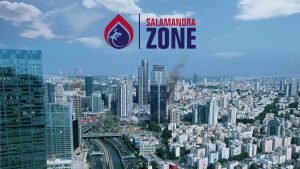

SDG11- Salamandra Zone – A Breath of Fresh Air in Urban Living
Sustainable Cities and Communities In a building fire, whether commercial or residential, the common and even legal response is not to enter the elevator. In
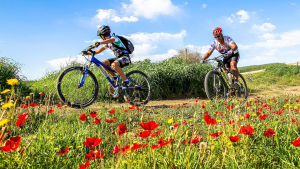

SDG 11- Cycling for Good Health and Healthy Cities
Sustainable Cities and Communities SDG 11- Cycling for Good Health and Healthy Cities What if you could actually enjoy fresh air every day of the
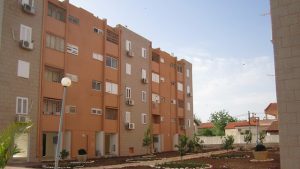

SDG 11- Amidar – Affordable Public Housing in Israel
Sustainable Cities and Communities Over the decades, Israel’s housing sector has dealt with rapid changes in the physical, economic, and social aspects of the country.

